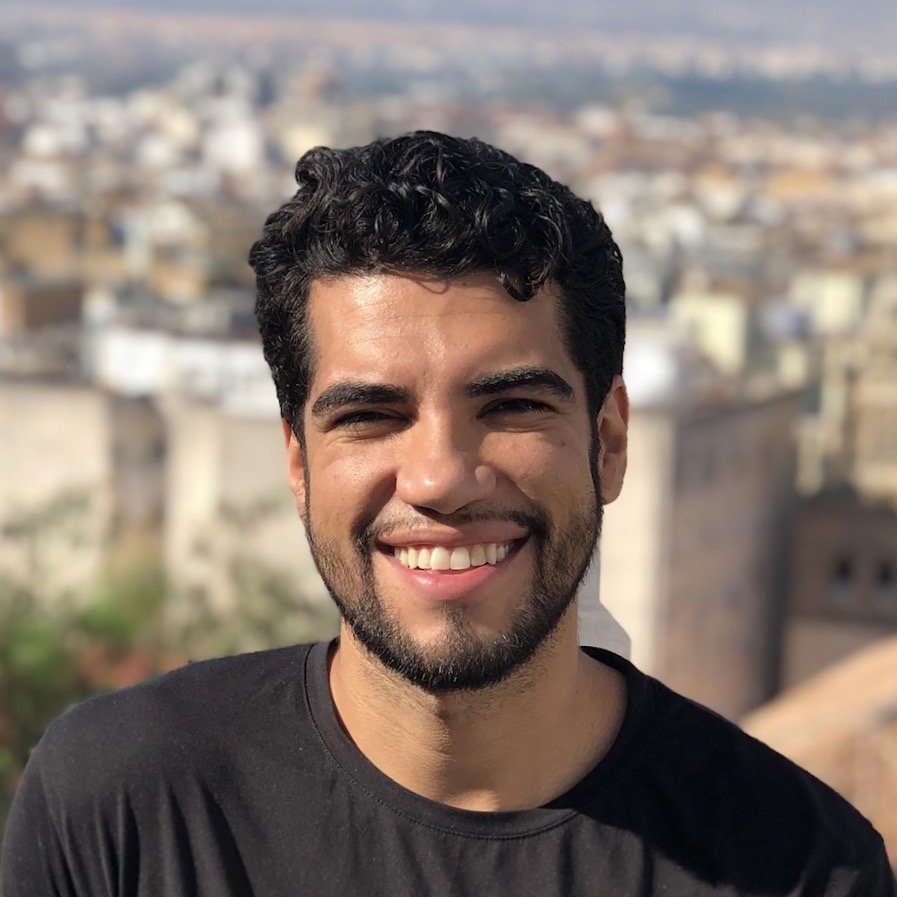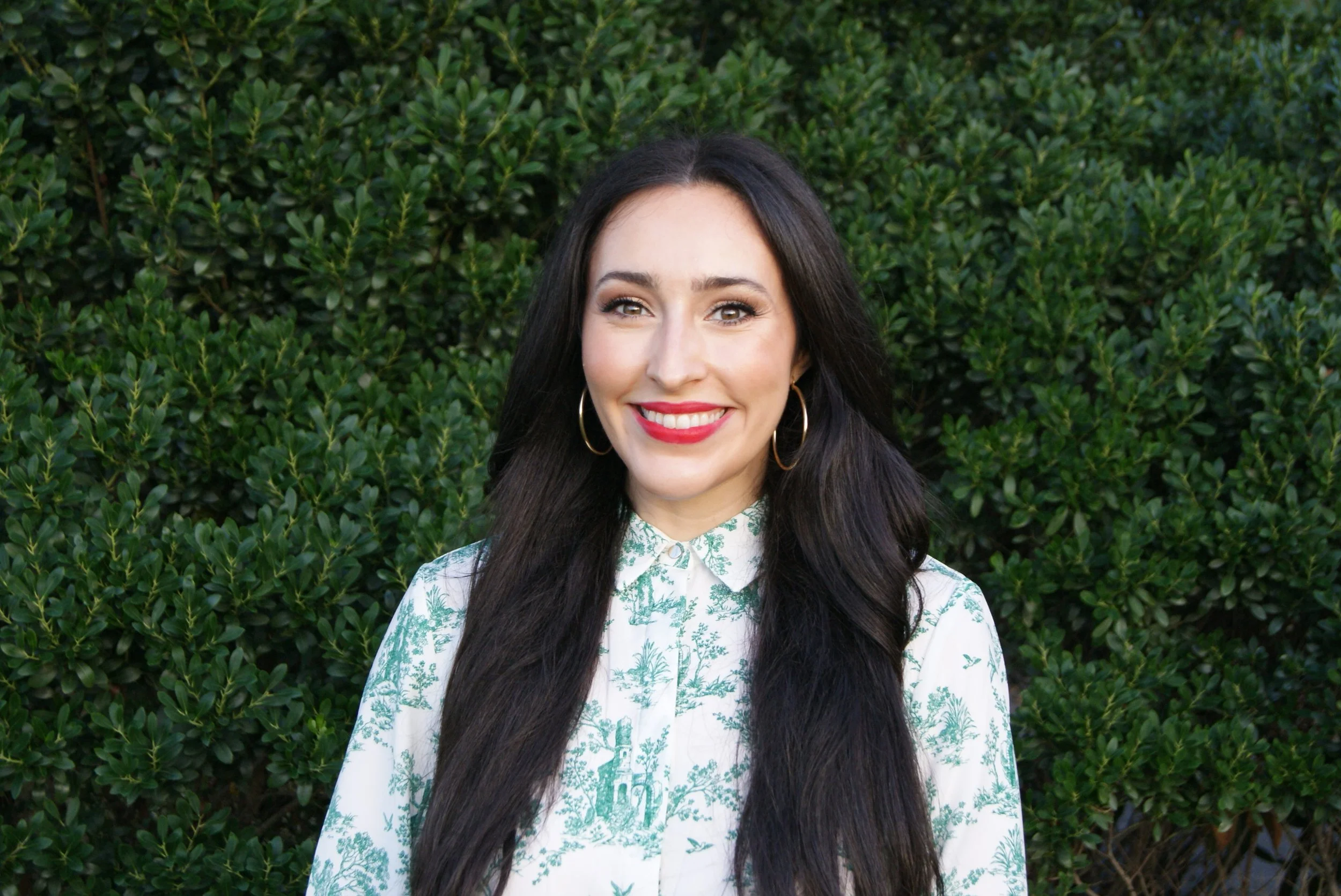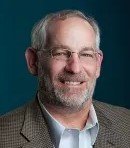Jay J. Schnitzer is Senior Vice President, Corporate Chief Engineer, and Chief Medical Officer at The MITRE Corporation. As an M.D. board certified pediatric surgeon, Jay led early studies of pulmonary developmental anomalies. With a Ph.D. in chemical engineering, coupled with field experience in international and domestic disaster medical response, he co-led a national effort of over 1,000 private sector organizations to discover solutions to the current COVID-19 pandemic, building on his experience leading the Defense Sciences Office of DARPA.
As CMO he leads MITRE’s corporate and national initiatives in health and biological sciences, building coalitions leveraging the best talent across the nation in these areas. He created and directs two signature “moonshots”: 1) the Oncology–Standard Health Record moonshot to use electronic clinical data to derive clinical trial endpoints with the goal of reducing risk, cost, and length of time required for clinical trial execution (https://health.mitre.org/mcode/); and 2) the Quantum Information Science (QIS) moonshot to create major advances in quantum computing, sensing, and communications based solely on photons as quantum bits (https://www.mitre.org/quantum-moonshot). He co-led an assessment of NOAA scientific integrity policies and procedures as applied to Karl T, et al.: Possible Artifacts of Data Biases in the Recent Global Surface Warming Hiatus, Science, 2015
(https://www.mitre.org/publications/technical-papers/assessment-of-national-oceanic-and-atmospheric-administration). He led the writing and editing of the Integrated Report for the Independent Assessment performed in response to Section 201 of Veterans Choice Act in 2015, which became the blueprint for the VA MISSION Act of 2018, and organized and facilitated the associated Blue Ribbon Panel, which unanimously endorsed the Report (https://www.va.gov/opa/choiceact/documents/assessments/integrated_report.pdf). He co-chaired (with Dr. John D. Halamka, President of Mayo Clinic Platform) the COVID-19 Healthcare Coalition, https://c19hcc.org, which delivered products that were implemented and improved Covid outcomes in four areas: the COVID-19 supply chain, social policies (e.g., criteria for implementing non-pharmaceutical interventions), discovering novel data-driven clinical insights for therapeutics, and using technology to successfully harness the power of a large, pro-bono consortium of over 1,000 private sector organizations (COVID-19 Healthcare Coalition - Impact Report (c19hcc.org).
As CTO he directed MITRE’s independent internal research and development (R&D) program and oversees development of MITRE's corporate technology strategy, to 1) ensure a world-class internal R&D effort across multiple technology disciplines that supports the entire corporation; 2) deliver capabilities directly to government that will transform outcomes in six key federally-sponsored areas: healthcare, national security, aviation and transportation, commerce, veterans affairs, and cybersecurity; and 3) return value to the nation by transferring innovations to industry (Research Overview | The MITRE Corporation).
Before joining MITRE, Dr. Schnitzer was the Director of the Defense Sciences Office (DSO) at the Defense Advanced Research Projects Agency (DARPA), where he led a team of 20 program managers and 70 support staff and oversaw research and development across multiple domains, from life sciences and biomedical research to quantum physics, including materials science, advanced mathematics, and engineering. He also expanded the portfolio of new programs, improved staff morale, and managed an annual budget of $460 million.
Formerly, Dr. Schnitzer led medical and clinical teams as chief medical officer at Boston Scientific Corporation. He provided medical and clinical oversight of the entire product lifecycle, including clinical trials for all medical devices manufactured by four business divisions: endoscopy, urology/women's health, neurovascular, and neuromodulation. He provided medical and clinical leadership that supported the successful sale of a $1 billion medical device division (neurovascular); oversaw and led the design and successful initiation of two new pre-market neuromodulation medical device clinical trials (an international trial for deep brain stimulation for Parkinson’s disease and a US trial for occipital nerve stimulation for migraine); and championed successful acquisition and integration of a new business opportunity for first ever medical device therapy for asthma, including a successful clinical trial portfolio.
Earlier, Dr. Schnitzer held a staff appointment at the Massachusetts General Hospital (MGH) as an attending pediatric surgeon, with a joint appointment at the Shriners Burns Hospital, and was a faculty member at Harvard Medical School. His research focus included: 1) studying the developmental molecular biology of abnormal lung growth and maturation in a mechanistic search for novel prenatal therapeutics for congenital diaphragmatic hernia (CDH) as an NIH-funded investigator, and 2) exploring the interface between healthcare simulation and medical disaster preparedness and mass casualty response—a logical combination of his engineering background coupled with field experience in international and disaster medicine. At the MGH, he was the site miner for the Center for Integration of Medicine and Innovative Technology (CIMIT). He supervised a six-member medical response team at Ground Zero for two weeks following the 9/11 attack on the World Trade Center in 2001, treating FDNY, NYPD, and Iron workers so that they were able to conduct continuous uninterrupted 24-hour search and rescue operations following the destruction of the twin towers. Subsequently, he led a mobile operating room surgical team for US response to the Bam, Iran earthquake in December 2003. In the laboratory, he demonstrated efficacy of prenatal glucocorticoid therapy to improve lung maturation in animal models of congenital diaphragmatic hernia.
Other credentials include: board certification (and recertification) in general surgery and pediatric surgery; Fellow of the American College of Surgeons (FACS) and the American Academy of Pediatrics (FAAP); provider and instructor in Advanced Trauma Life Support (ATLS), Advanced Burn Life Support (ABLS), and Advanced Trauma Operative Management (ATOM); and provider in Advanced Cardiac Life Support (ACLS) and Pediatric Advanced Life Support (PALS). Memberships in national and international societies include, among others, the American Surgical Association, Association for Academic Surgery, American Pediatric Surgical Association, Surgical Biology Club I, Boston Surgical Society, American Burn Association, New England Surgical Society, and the British Association of Pediatric Surgeons.
Dr. Schnitzer was born in Springfield, Massachusetts and attended public schools in Springfield and Longmeadow, MA, graduating from Longmeadow High School as class valedictorian and an Eagle Scout. In 1973, he graduated from Worcester Polytechnic Institute in Worcester, Massachusetts with a B.S. in chemical engineering (high distinction). In 1983 he received a Ph.D. in chemical engineering from the Massachusetts Institute of Technology, and an M.D. (cum laude) from Harvard Medical School.
Dr. Schnitzer completed his residency training program in general surgery at the Brigham and Women’s Hospital, Boston (1983-1988), one year performing trauma surgery in the Gaza Strip (1988-1989), and a fellowship in pediatric surgery at Children’s Hospital, Boston (1989-1991). His awards and honors include: the WPI Salisbury Prize Award in chemical engineering, the Von L. Meyer and Sydney Farber Awards from Children’s Hospital Boston, the U.S. Department of Homeland Security FEMA Under Secretary’s Award, the Office of the Secretary of Defense Award for Outstanding Achievement, the MITRE President’s Award, the WashingtonExec Pinnacle Awards 2020 Healthcare Industry Executive of the Year, and the 2023 FCW Fed100 Award.
He is married to Sara Roy, and they live in Boston, MA with their daughters Annie and Jess.




















